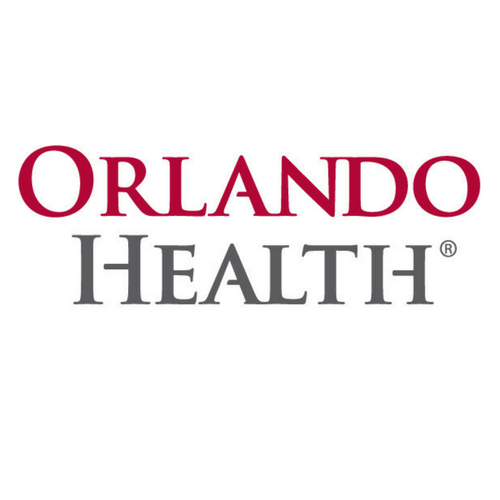The holiday season brings with it no shortage of temptations when it comes to food and drink. Parties and get-togethers with family and friends are full of opportunities to load your plate and fill your glass -- over and over again.
That holiday cheer can create a hazardous cocktail – too much alcohol, caffeine and salt – for your heart, whether or not you’ve had previous cardiac problems. It’s called holiday heart syndrome.
Holiday heart syndrome draws its name from the annual surge in cases of atrial fibrillation (AFib), a condition in which your heart starts to beat irregularly.
Initially, it may be nothing more than a jarring awareness that something is happening with your heart. But over time, it can lead to a heart attack or a stroke. To understand the seriousness of this, consider that more people die of heart attacks between Christmas and New Year’s Day than in any other period of the year, according to the American Heart Association.
Symptoms of Holiday Heart Syndrome
Atrial fibrillation is one of the most common forms of irregular heart rhythms. With this condition, your heart’s normal electrical activity is disrupted, creating havoc with the flow of blood from the upper part of your heart to the lower part. In many cases, you may feel nothing at all. But symptoms can include:
- Heart palpitations: This is a fluttering or racing sensation in your chest.
- Lack of energy: You may feel tired for no apparent reason.
- Dizziness: You may feel lightheaded or faint.
- Chest discomfort: It could feel like unexpected pressure in your chest.
- Shortness of breath: Having difficulty breathing during normal activities and even at rest.
- Chest pain: It may feel dull or sharp and may spread to your back and arms.
Are You at Risk?
Figuring out exactly who might be at risk for holiday heart syndrome can be tough. Certainly, people with existing heart conditions should be cautious. But it’s not unusual, after the holidays, to have healthy patients – young and old – seeking help from the emergency department because of these unexpected heart concerns.
A variety of studies have identified potential risk factors, including:
- Being 80 or older
- Being 5 feet, 7 inches or taller
- Obesity
- Family history of early onset A-fib
Protecting Yourself
One of the keys to avoiding holiday heart syndrome is to approach your holiday parties with a plan. You can start earlier in the day by having a lighter breakfast and lunch. And then when you get to your party, don’t get caught up in trying to eat everything you see. Take a survey of all the rich food offerings and figure out what you really want. Use a reasonable approach, eating in moderation.
The same approach works for alcohol. Have a cocktail or two, but drink them slowly and avoid repeat trips to the bar. It also helps to keep yourself hydrated by having a glass of water between drinks.
If you do overindulge and find yourself with a hangover, your chosen cure could put even more pressure on your heart. Nonsteroidal anti-inflammatory drugs (NSAIDs) like ibuprofen and naproxen can increase your blood pressure.
And when you find yourself busy with work, parties and other holiday obligations, it may be tempting to take a break from your regular exercise routine. But that’s a potential mistake at this time of year. Keeping up with your exercise plan will reduce stress, burn calories and keep you healthy as you enjoy the holiday season.
Choose to Stay in Touch
Sign up to receive the latest health news and trends, wellness & prevention tips, and much more from Orlando Health.
Sign Up





